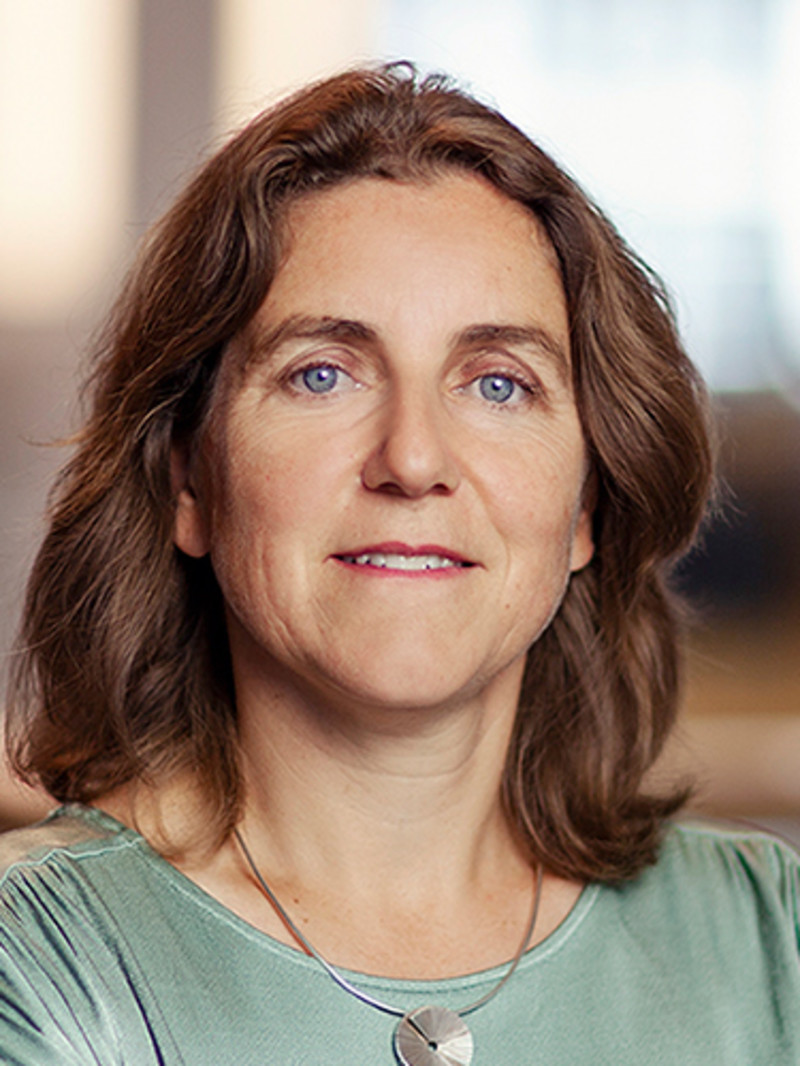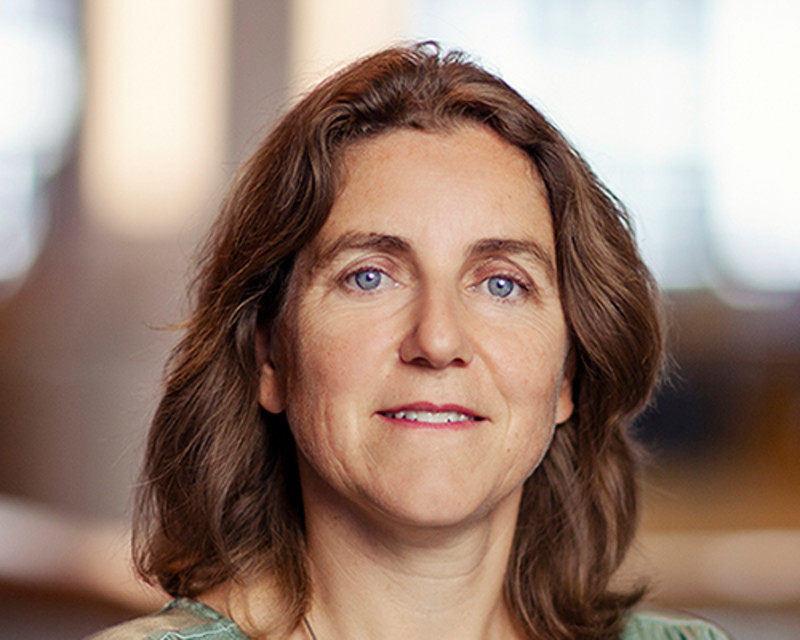

SI Dilemma: To share or not to share IP – that is the question
In August, Robeco announced that we are sharing our sustainable investing intellectual property, starting with our SDG framework. We will make available to clients and academics the scores that we attribute to companies indicating how they impact the Sustainable Development Goals, free of charge.
Summary
- Robeco began sharing its SDG framework and scores in August
- Intellectual property becomes publicly available and open for feedback
- We are convinced that this brings wide benefits for sustainable investing
We have long believed that sustainable investors need many metrics to shed light on the extent to which their investments are made into (un)sustainable assets, particularly as access to quality data remains a dilemma in itself.
The SDG scores that measure if companies contribute to sustainable development (or detract from it) as a result of their business operations are a prime example of this. So, we have begun sharing the proprietary data that we have on these scores, and we plan to publish more types of sustainable investing IP in the future, and also for a broader audience.
Since we have made the first step in this open access journey, I have been approached by many people; not only other investors, but also journalists, academics, students and friends. Many applauded Robeco’s transparency, but I also regularly received questions as well: ’Why have you decided to disclose your sustainable investing IP? Don’t you think you are going to regret this? Aren’t you giving away something unique that you could have better kept to yourselves? I would like to reflect on our choice, and also share some of the dilemmas we faced related to this choice.
First of all, let me start with why I think going open access is a moral imperative, and the right thing to do from a sustainability perspective. We currently live in a world with interconnected and simultaneous crises. Two of these are global warming and a rapid decline in biodiversity, which have further knock-on effects on social challenges like hunger, inequality and the spread of diseases.
Many stakeholders have a role to play in combatting these crises, including governments, companies and consumers. There is a key role for the financial sector to invest in those companies that contribute to a more sustainable world. To put it differently; we should make it easy to invest in companies that have a positive impact on sustainable development.
No global framework
Currently, there is no global framework that signals which companies are most fit for this purpose. Opening up our SDG scores will help others to recognize and report on which companies have a positive – and negative – impact on sustainable development. It will also enable others to finance companies making a positive impact, and avoid investing in firms that deteriorate social and environmental outcomes.
There are also other macroeconomic arguments that support open access. These relate to increased efficiency, standing on the shoulders of giants, and fuelling the broader market with your ideas. Opening up IP also prevents a duplication of effort. From a macro perspective, it is a waste of time if in many organizations, smart individuals work simultaneously but in an uncoordinated way on a scoring mechanism on the SDG impact of individual companies.
Avoiding market confusion
Another reason pertains to avoiding confusion in the market. If many investors apply different standards to screening companies’ impacts on the SDGs, then highly diverse outcomes can be expected. Working towards one or just a few open standards mitigates this risk of conflict. So, the case to open up from a macro perspective is clear.
Then, what about the individual asset manager perspective? From this viewpoint, there are also several arguments to open up. Amongst others, the work released through opening up tends to lead to better quality output than work that is kept proprietary. Using the wisdom of the crowd leads to continued improvement. It is also good to remember that any framework developed by humans is unlikely to be perfect. Our SDG framework is therefore expected to benefit from broad feedback from experts.
Keep up with the latest sustainable insights
Join our newsletter to explore the trends shaping SI.
Will it be copied?
People asked me if we weren’t afraid that our work would be copied straight away. Well, I am not afraid of that. We have developed our SDG framework with dedicated professionals and experts over the last five years, and it continues to be improved over time.
It is a dynamic framework that incorporates new scientific insights, integrates new data as it becomes available, and shifts over time to keep in line with the journey towards more sustainable societies. Others might copy the scores, but without having true experts of their own, progress will halt, and implementation will falter. We will continue to develop our expertise, and I am sure that by doing so, we can maintain our leading edge.
Constructive criticism
I was also asked if we are not afraid to get a lot of criticism about our framework. To be honest, I most look forward to feedback from professionals and academics who have really looked into our approach. Hopefully, peers and academics will be enthusiastic, but will also challenge us on what we do in a critical but constructive way.
Of course, not all the feedback may be constructive. That does not mean it cannot help us and the framework we publish. It can help to see our work from another lens or a different perspective. Such feedback can only help us, and the financial sector, move towards improved sustainable investing strategies.
Overwhelming arguments
To conclude, there is a clear case to publish sustainable investing IP. The arguments from a macro perspective are overwhelming, and also for us as the owner of the SDG scores and SDG framework, there are clear benefits to receive feedback from experts on our work, to be challenged, and to have our work more widely used.
Yes, criticism is likely to also come in. Rather than being a reason to change our minds, we view this as an opportunity to source new ideas and help us innovate. So, the answer to the question, ‘to share or not to share’ is clear: yes, we share.

























